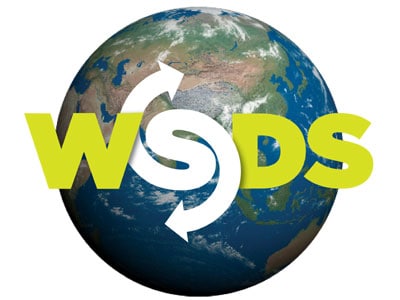

At the 29th session of the Conference of the Parties (COP29) in Baku, Azerbaijan, India’s approach to climate change took center stage with a focus on accountability, fair financing, and sustainable development.
Held from November 11-22, COP29 marks a crucial moment for global climate negotiations, and India’s strategy is clearly aligned with its status as a developing nation navigating the challenges of rising energy demands and economic growth.
Multiple delegates shared that India’s priorities at COP29 would emphasize holding developed countries accountable for their climate finance commitments. As a developing economy, India is particularly keen on ensuring that the financial support promised to vulnerable nations is not only delivered but also reliable and transparent. India’s position is clear: without fair financing and accountability, addressing the global climate crisis becomes an increasingly difficult task.
Another key aspect of India’s approach is enhancing resilience for vulnerable communities, particularly those already grappling with the effects of climate change. In line with this, India aims to advance an equitable energy transition that considers the developmental needs of its population while tackling environmental challenges.
At the heart of this is India’s commitment to promoting a green credit system that incentivises sustainable practices, alongside the LiFe (Lifestyle for Environment) philosophy—a call for people to adopt more sustainable, low-carbon lifestyles.
A key theme for India at this conference is pushing developed nations to address the gaps in fulfilling their climate pledges, particularly regarding financial contributions to the global climate fund.
One delegate pointed out that India’s strategy would seek to drive conversations toward more transparent, effective climate financing. This signals a shift from past conferences, where developed nations have faced scrutiny for not meeting their financial commitments under the Paris Agreement.
In a notable change this year, India opted not to set up a pavilion at COP29, a departure from past conferences. This decision reflects India’s delicate balancing act between its role as a developing nation and its increasing energy demands. As the world turns its attention to emerging economies for leadership in reducing emissions, India’s absence of a pavilion does not signify disengagement but rather underscores its focus on global cooperation rather than individual displays.
The conference opened with a call to action from Simon Stiell, the UN Climate Change Executive Secretary, who urged world leaders to act with greater urgency in addressing the escalating climate crisis. Stiell emphasised that despite the incremental progress made so far, COP remains the critical forum for international cooperation. “This United Nations Framework Convention on Climate Change (UNFCCC) process is the only place we have to address the rampant climate crisis and credibly hold each other accountable,” he said, warning that without coordinated global efforts, humanity could be heading toward catastrophic levels of global warming.
Leading the Indian delegation at COP29 is Kirti Vardhan Singh, the Minister of State for Environment, Forest and Climate Change. He is joined by Leena Nandan, Secretary of the Ministry, as the Deputy Leader, and Naresh Pal Gangwar, Additional Secretary, as Lead Negotiator. Neelesh Sah, Joint Secretary, will serve as Deputy Lead Negotiator. Notably, Indian Environment Minister Bhupendra Yadav is not attending the conference, leaving the delegation in the hands of his colleagues.
With the stakes higher than ever, India’s role at COP29 is crucial in ensuring that the voices of developing nations are heard and that global commitments on climate finance, adaptation, and energy transition are met with genuine action.











